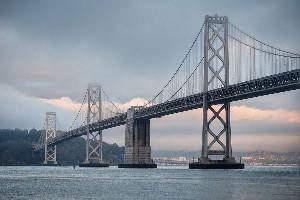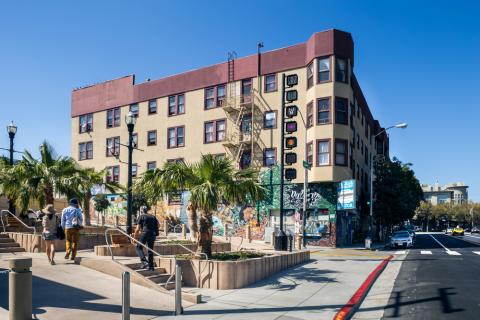In 1798, Thomas Malthus predicted that population growth would lead to mass starvation. If things had continued as they did for thousands of years previously, he might have been right. Fortunately, the advent of the Industrial Revolution dramatically boosted productivity, and gains in productivity haven't let up since. In recent times, global productivity has increased by an estimated 1.8% per year between 1964 and 2014. With improvements in technology and know-how, a single worker today can typically produce what it would have taken dozens to produce a few hundred years ago in the same amount of time, resulting in much better standards of living for most people than were the norm in Malthus's era.
A worker in the United States today earns more in 10 minutes, in terms of buying power, than subsistence workers, such as the English mill workers that Fredrick Engels wrote about in 1844, earned in a 12-hour day. Or to put it another way, "each farmer (in the United States) in 2000 produced on average 12 times as much farm output per hour worked as a farmer did in 1950." In other words, to produce the same amount of output, less than 10% as many employees are needed in agriculture as was the case half a century ago. And that's only over the past 50 years. Go back 200 years or more, and the gains are even more dramatic. While agriculture, once the occupation of 90% of Americans, has particularly benefitted from technological changes that enhanced productivity, many other economic sectors have seen similar increases.
So how have gains in productivity affected government operations – law enforcement, for instance? How much more crime do today's police departments prevent, with how many fewer officers, compared to their pre-Industrial counterparts?










